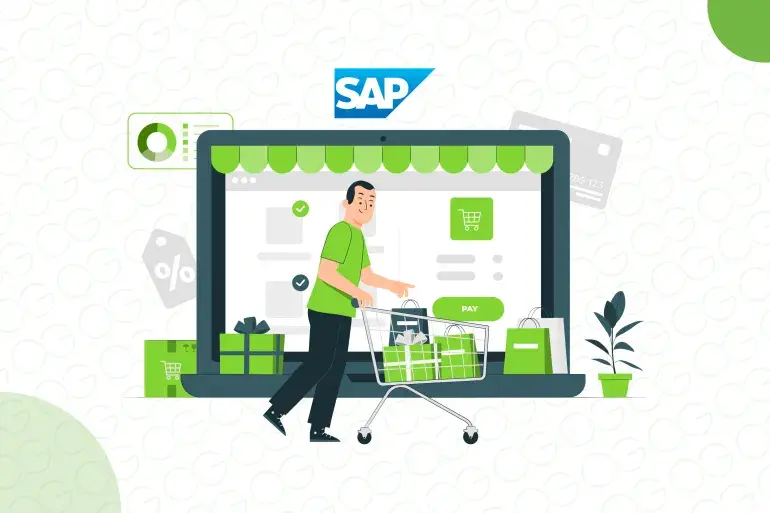Best Alternative to SAP Business One for Retail in India?
Enterprise Resource Planning (ERP) software have, over the years, become central to retail management. This is because the solution brings the details – be it an overview or granular facts- of every retail workflow in one touchpoint, helping retailers track workflows and plan growth better. Owing to how instrumental ERP solutions have proven to be, the retail market is set to grow rapidly in the coming years. As per industry figures, the global ERP software market is projected to rise at an impressive 11.0% CAGR until 2030. Following this growth rate, the projected value of the ERP market for 2030 stands at a staggering $123.41bn.
Among the manyERP solutions in the market, several Indian retailers opt for SAP Business One. Investment in an ERP tool is not just an expensive decision for a retail brand but also an important one, given the benefits of the solution.
Therefore, it is worth asking - Is SAP Business One meeting all your expectations?
Keeping in mind the frequent retail challenges, in this blog we will discuss the following:
- Is SAP Business One the best ERP for Indian retail? Does the solution have any limitations?
- Capabilities an alternative ERP must have, if SAP Business One does not meet one’s retail needs.
- How does Ginesys ERP streamline retail management in a comprehensive manner?
Let’s plunge right into the blog!
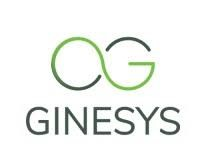
Discover retail management efficiency
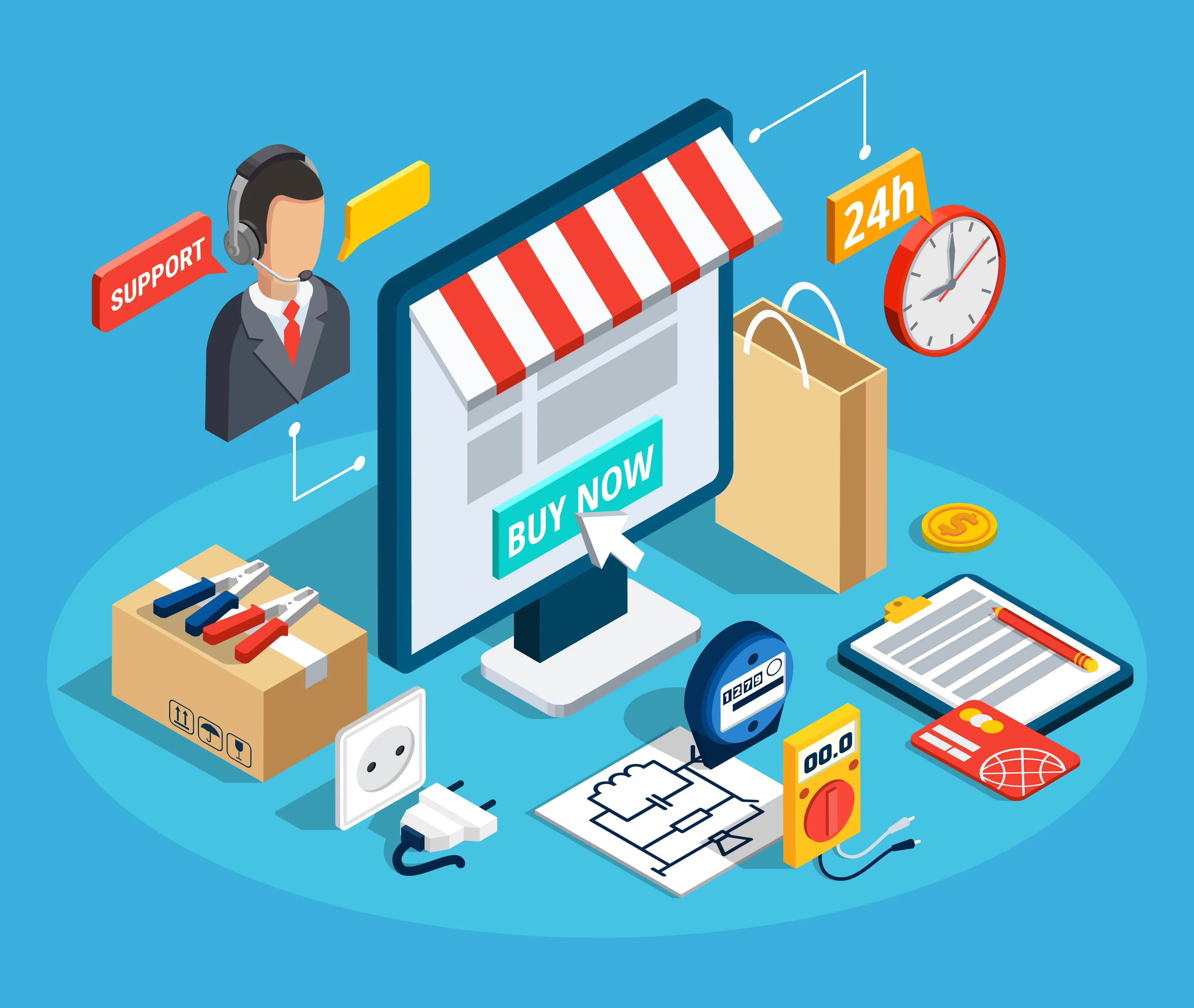
Does SAP Business One User Need to Migrate to another ERP Software?
One of the major disadvantages that ventures using SAP Business One complain about is that the solution is not domain-specific. This is evident from the fact that SAP Business One is not readily available with a standard point of sale software. As POS software is required by every retail business, this integration would have to be developed after a POS software is selected by the organization.
Thus, when it comes to installing the custom ERP, one is required to plan out far more features than the business processes that are unique to the brand. As one plans out every workflow from scratch, the implementation process risks becoming time-consuming. Given the extensive labour that would go into the ERP customization, the process can be expensive.
On that note, imagine a scenario where one is running against time to open a brand store at multiple locations or all the stores in the franchise are facing the same problem in the software. As retailers must incur high costs and deal with prolonged ERP installation time, large-scale retailers can be especially troubled.
Considering that retailers today need to manage sales across different channels, the ERP they require must seamlessly connect with other retail management tools. Otherwise, syncing data from one to another becomes challenging, leading to manual input of data across systems, which is error-prone. This is exactly the problem that ventures face with SAP Business One, as the software has limited standard retail tool integrations such as POS, OMS, CRM, financial reporting systems, etc. Each integration needs to be developed fresh and is specific to the solution being opted for a particular deployment.
The quality of customisation and the integrations that one ends up implementing in one’s ERP are not standard. The final capability of the ERP is dependent on the service provider and not the software itself, as certain authorised partners are responsible for the software installation. Additionally, the SAP Business One suite does not provide any SAP-developed retail POS or store management solution and rather depends upon third-party POS., integrations, particularly third-party ones are far from being economical.
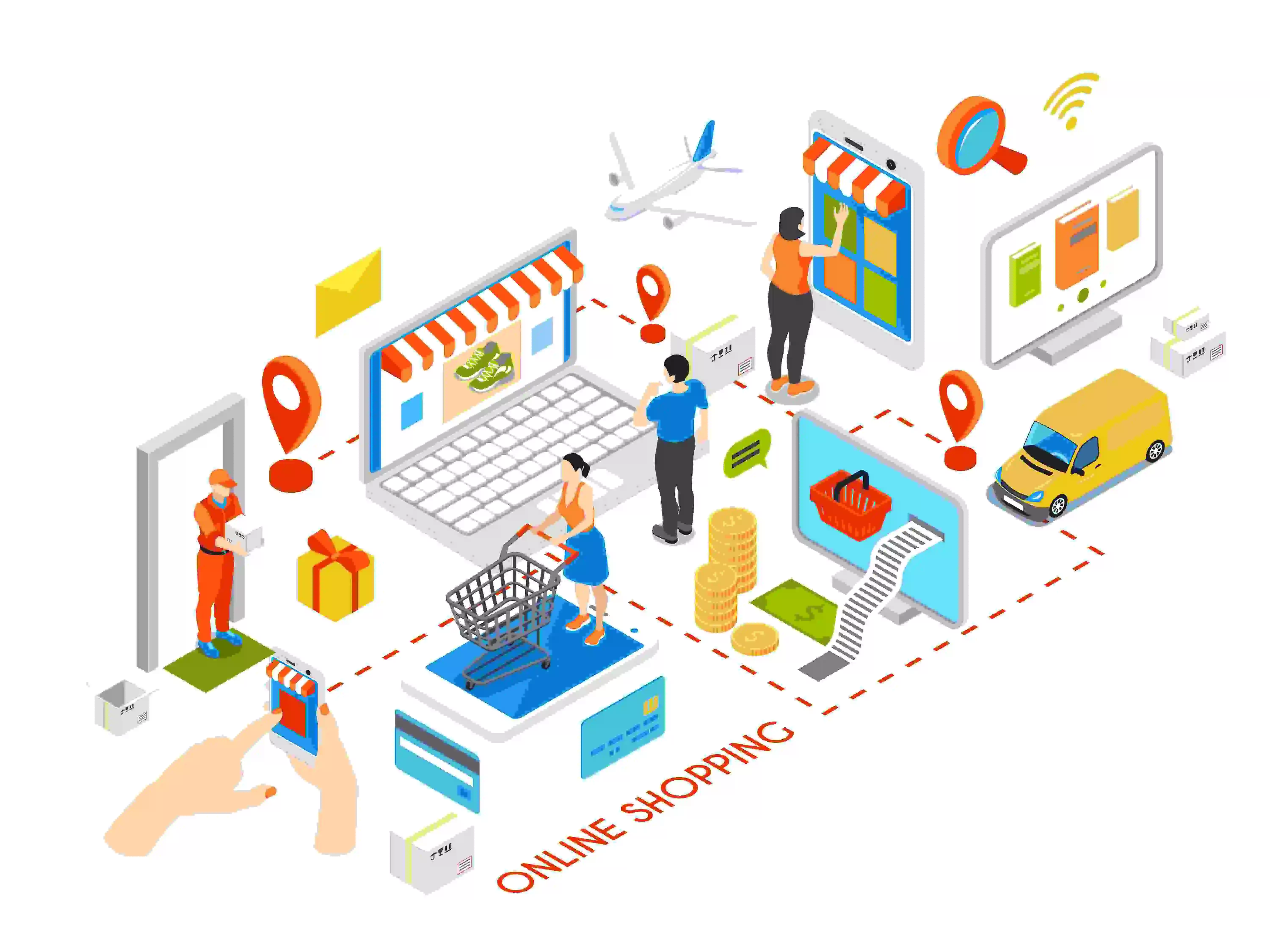
GST automation is another major issue that ventures talk about around SAP Business One. The software poses challenges for integrating the Indian GST automations for E-invoicing, GST returns and more especially when it comes to ecommerce and retail businesses where the number of transactions per day are high.
Even though SAP Business One for retail has an inbuilt BI tool, the integrations also need to be developed along with the relevant visualizations and data models for each customer and deployment.
Overall, in light of the above limitations, SAP Business One requires expert implementation teams, mature IT teams for regular updates and maintenance and enough time and budget to go for custom integrations and updates.

Know more about Ginesys ERP
So, what is better than SAP Business One? Are you reconsidering your selection of SAP Business One? Or do you want to switch over to another ERP software? Let’s explore the key determinants of an efficient ERP.
Factors to Consider When Choosing an Alternative
Here are some broad pointers retailers should keep in mind when choosing an alternative to SAP Business One:
- Cost-effectiveness: While selecting an ERP retailers should prioritize not just the upfront costs of license purchase and installation. The investment decisions must also include long-term costs such as maintenance, upgrades, and support fees. Another important thing to consider is the cost of the software should not compromise on its capabilities. Thus, the cost-effective alternative is required to provide the same if not more functionalities when compared to SAP Business One.
- Scalability: As installing ERP software can be expensive, one of the prime considerations one should have before choosing a SAP Business One substitute is the scalability of the software. As a business grows profitable, expansion might seem like a natural choice. Thus, the new solution should be scalable such that reporting standards and features are consistent across stores. Scalability also means that the solution can also accommodate larger volumes of users, transactions, and data storage. Moreover, the solution needs to be easily adaptable to changing business rules and industry compliance standards without requiring frequent replacements or major overhauls.
- Industry-specific features: Retailers should seek alternatives that offer pre-configured or easily customizable retail industry-specific features. This streamlines implementation and ensures that the ERP system aligns closely with retail workflows, enhancing operational efficiency and facilitating compliance with sector-specific regulations.

Is you ERP effective enough?

- Ease of use: Much like all digital transformations, it is vital to consider the ease-of-use of the new ERP solution when implementing an alternative. Towards a hassle-free User Experience (UX), businesses should look for user-friendly interfaces that offer intuitive navigation. When the UX is high, the venture is likely to require minimum end-user training, which not only can positively impact employee satisfaction but also reduce training costs.
- Integration capabilities: ERPs are no longer expected to just offer an overview of different workflows. The evolving demands of the retail industry require a common interface between all the necessary tools so that data transfers can be done in real-time, making sure that the enterprise data stays consistent. Moreover, to minimize installation costs, the ERP should be compatible with one’s current hardware.
- In other words, while selecting a new ERP system, ventures need to check for compatibility with existing systems. Analyzing the integration with third-party applications are essential considerations too.
- Customizability: While off-the-rack retail-specific features go a long way in terms of quick installation and cost-saving around extensive customization, flexibility in personalizing the ERP is vital. This way one can ensure that the ERP system meets the unique business requirements of the brand.
Worth noting that Ginesys One is one of the few leading retail management suites in the market that offers the ERP capabilities mentioned above.
In the next section of the blog, we will discuss how Ginesys ERP can be a comprehensive ERP solution.
Overview of Ginesys ERP
For retailers who are seeking to streamline omnichannel retail or multichannel retail, Ginesys ERP can be their answer. The ERP software strives to ensure that businesses can keep a tab on their enterprise data across their different operations in real-time. To ensure that the software remains in sync with different retail management tools and integrations.
Take, for example, Ginesys One’s Warehouse Management System (WMS). The ERP module seamlessly connects businesses across their multiple warehouses and helps the venture to gain a holistic snapshot of its inventory. It goes without saying that accurate inventory information is key for order fulfilment as businesses often have to deal with high order volumes that keep flowing in from multiple sales channels.
The WMS also facilitates tracking items in big warehouses with bin-level visibility once an order is confirmed. By easily locating items, the ERP saves employee effort and further influences order fulfilment speed, an important factor for staying competitive in today’s e-commerce landscape. The solution also supports quick stock audits, preventing revenue loss caused by shrinkage while also aiding procurement planning.

Have you chosen the right ERP?
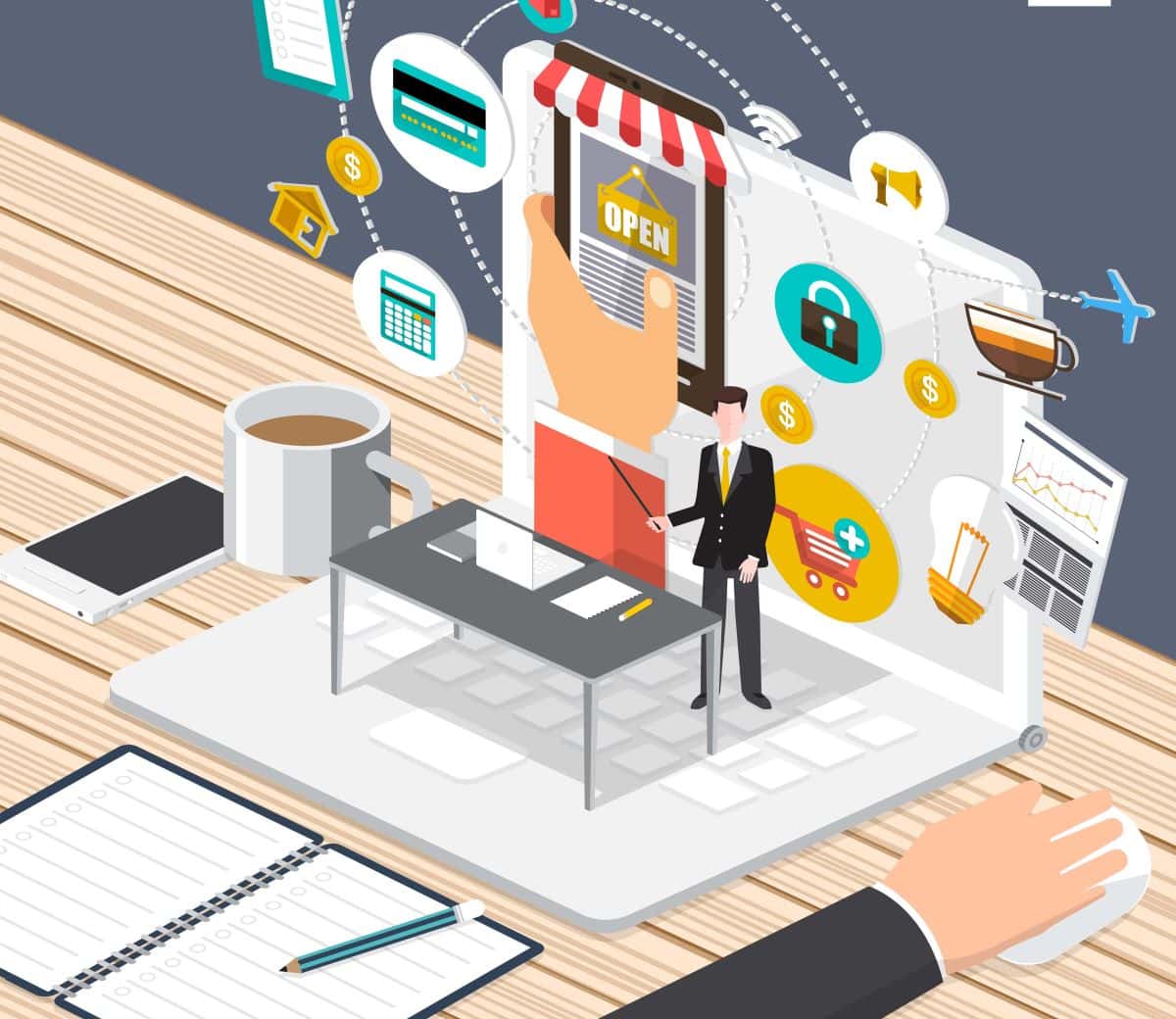
Ginesys understands that for omnichannel success a seamless connection with e-commerce platforms is crucial. This is why, Ginesys ERP is connected with the Order Management System (OMS) of the retail management suite and with other 3rd party OMS systems. OMS software has, over the years, become a popular tool among retailers. The software effortlessly links inventory with online marketplaces, synchronizing sales and stock levels in real-time. Ginesys OMS also proves to be instrumental in procuring stocks as per the demands across sales channels. Additionally, Ginesys OMS drives intelligent warehouse selection as well as makes sure that the item is instantly reserved against order placement, packed and shipped.
Much like the OMS solution, Ginesys ERP is also integrated with 2 different POS solutions – Ginesys POS (desktop Windows POS) and Zwing POS (web and mobile POS). For instance, Ginesys ERP instantaneously tallies the overall enterprise data with the sales data from Ginesys One’s POS software. This means that the ERP becomes a single source of truth for all transaction details, be it invoices, GST calculation, discounts due to redeemed coupons or loyalty points, etc.
Further, promoting accurate tax compliance and GST tracking, the ERP comes with one of the popular GST filing and E-document generation software EaseMyGST. Along with automating GST returns, E-way bill generation, and E-invoicing for businesses, the software also offers advanced analytical reports, giving a clear understanding of the tax dues.
The need for crunching business data is not limited to GST compliance. Retailers may need to also look at outlet performance, popularity of products, trends around stock outages, etc. This is where a BI solution is vital and worth emphasizing that the analytics tool needs to be connected with the ERP solution so that the data crunched is accurate. This is why Ginesys ERP can be seamlessly connected with Ginesys Cloud BI. The BI software is specifically made for the retail sector and empowers businesses with swift business performance analysis. Ensuring that the analysis is communicated effectively, the BI represents the data via visually engaging charts and a global dashboard. Also, the solution powers AI-driven suggestions for reports.
Customer Experience (CX) is also a top priority of retail industry players and thus, a CRM is an imperative tool for success because the software enables enterprises to track transaction history and needs of their clientele. For managing client relationships, the Ginesys One suite offers a great solution: the POS is linked with several well-known CRM platforms as well as loyalty providers, including Ewards and Optculture, among others. Ultimately, the ERP being the central repository of information, the CRM data gets update in the software and can be accessed by the entrepreneurs.

Looking for ERP software?
Comparing SAP Business One with Ginesys ERP
Here are a few pointers that showcase that Ginesys ERP can be a robust alternative to SAP Business One:
- As opposed to Ginesys, SAP Business One doesn’t have too many POS Solutions which are integrated with the ERP for inventory and real-time sales purposes. This makes it difficult for omnichannel and multichannel businesses to use the Business One ERP.
- Ginesys ERP-linked EaseMyGST swiftly accounts for the latest GST regulations. On the other hand, GST Automation is not a ready solution with SAP Business One. At the same time, any new compliance update in SAP Business One attracts huge implementation cost.
- In SAP Business One, integrating a D2C brand’s ERP with OMS is a custom project. The quality of the integration is dependent on the service provider and thus, can unsuccessful or require multiple iterations, even after a lot of resources are spent on it. At the same time, the D2C players also might have to tackle weak accounting reconciliation for handling TCS, TDS, GST on products, GST on Shipping charges, etc. As opposed to the SAP Business One, Ginesys ERP caters to D2C brands already with ready-made features which require minimum personalization. Similarly, the tax compliance for D2C brands is taken care by EaseMyGST.
- The installation and personalization of Ginesys ERP is swiftly done by the team, thus seldom affecting the business flow. In contrast, SAP Business One implementation is often performed by associate partners who might not be adept at making functional enhancement at the ground-level business process. Also, while the implementation of the SAP Business One software entails a huge focus on customisation of the product, the process can involve a lot of trial and error. This is because as all the functional requirements might not be clear immediately neither to clients nor to the SAP partners. The iterations can cost the client several man hours.
- Often SAP Business One doesn’t directly enable business processes such as SIS (Shop in Shop), SOR (Sale or Return), Secondary stock tracking, etc, while these capabilities are integral to Ginesys ERP.
- SAP Business One often doesn’t come with manufacturing modules that are necessary for various businesses such the fashion and the apparel manufacturing players. However, Ginesys ERP has a Production Management module to streamline manufacturing.
- Unlike Ginesys user, businesses served by SAP Business One are dependent on the license partner or developer for every change in Smart Forms (Document Reports).
- While FTP-based integrations are still prevalent in SAP Business One partners, the cloud ecosystem of Ginesys solutions enables real-time and secure API based integration.

Learn more about ERP
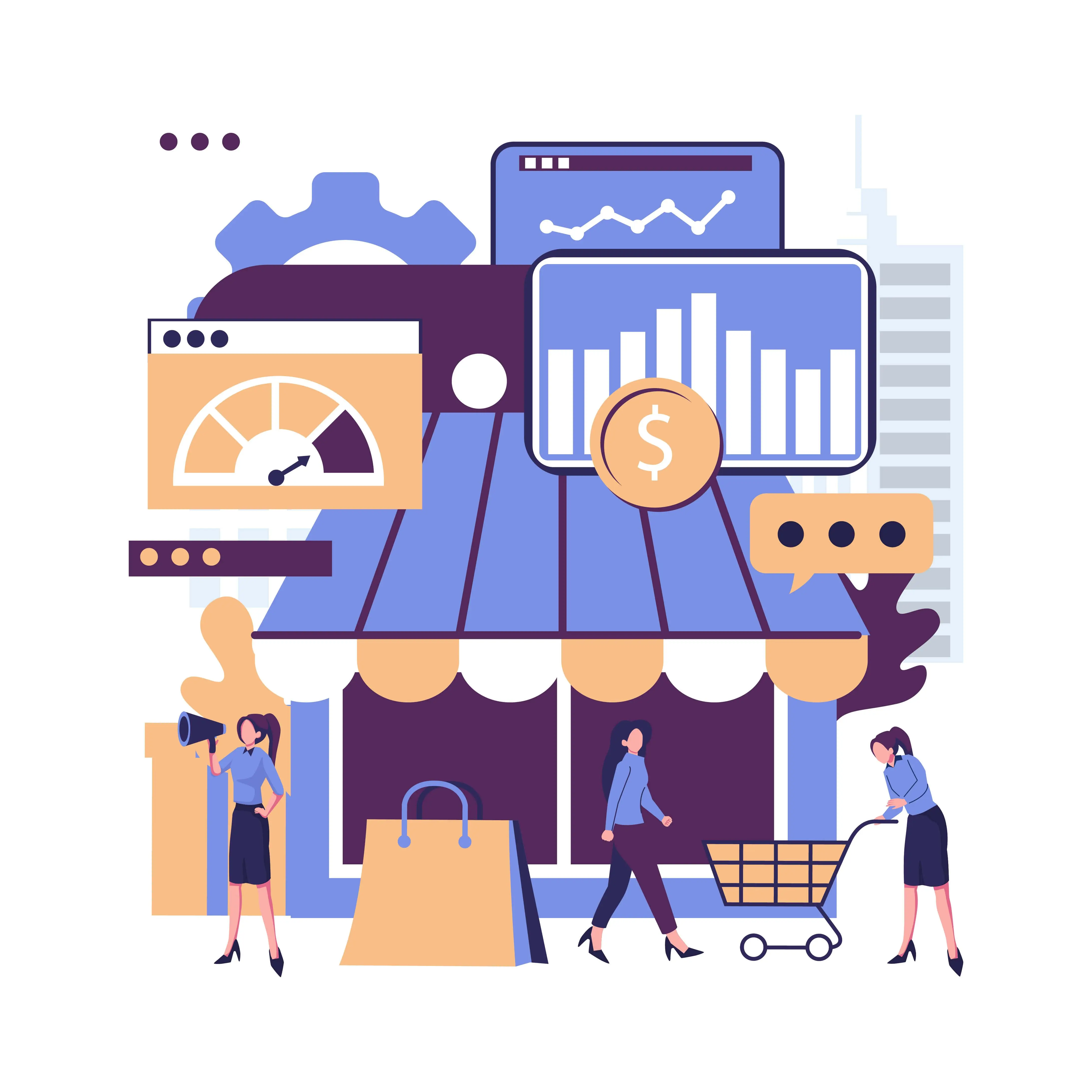
Final Thoughts
While SAP Business One is a popular retail management in India, shifting to Ginesys ERP can be game-changing. SAP Business One, although widely used, falls short in providing domain-specific features, leading to time-consuming and costly customization processes. Retailers face challenges with SAP Business One's limited integration capabilities in terms of integration with essential retail management tools, inadequate support for Indian accounting standards, and a lack of community engagement and specialized knowledge events. In contrast, choosing Ginesys ERP system can turn out to be cost-effective and scalable. Moreover, Ginesys ERP offers industry-specific features that are user-friendly, and boasts a strong set of integrations.
Ginesys ERP emerges as a robust solution, designed to meet the nuanced demands of retail management. It provides comprehensive features for omnichannel retail, including advanced warehouse management, seamless integration with e-commerce platforms, intelligent order management, and compliance with GST regulations. Additionally, Ginesys ERP supports powerful analytics for business insights and integrates effectively with CRM platforms, offering a holistic solution that surpasses the capabilities of SAP Business One for retailers in India.
Want to take retail management to new heights of success? Leverage Ginesys ERP today!
To know more, contact us.
Reference https://www.grandviewresearch.com/industry-analysis/erp-software-market
